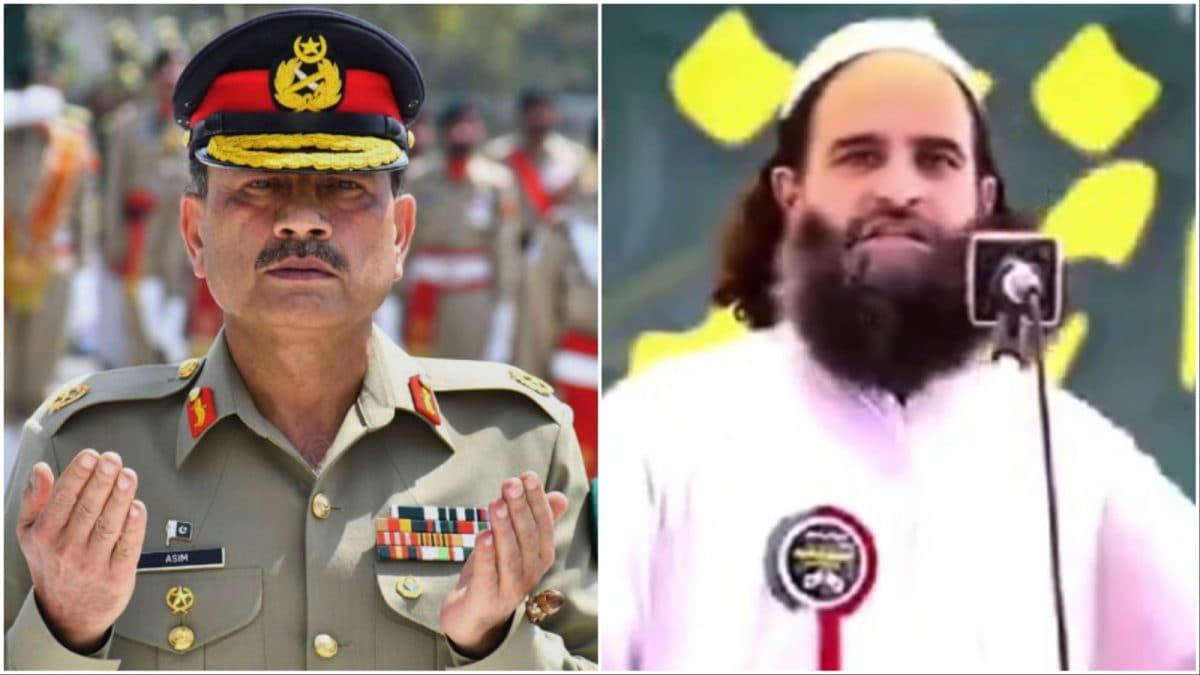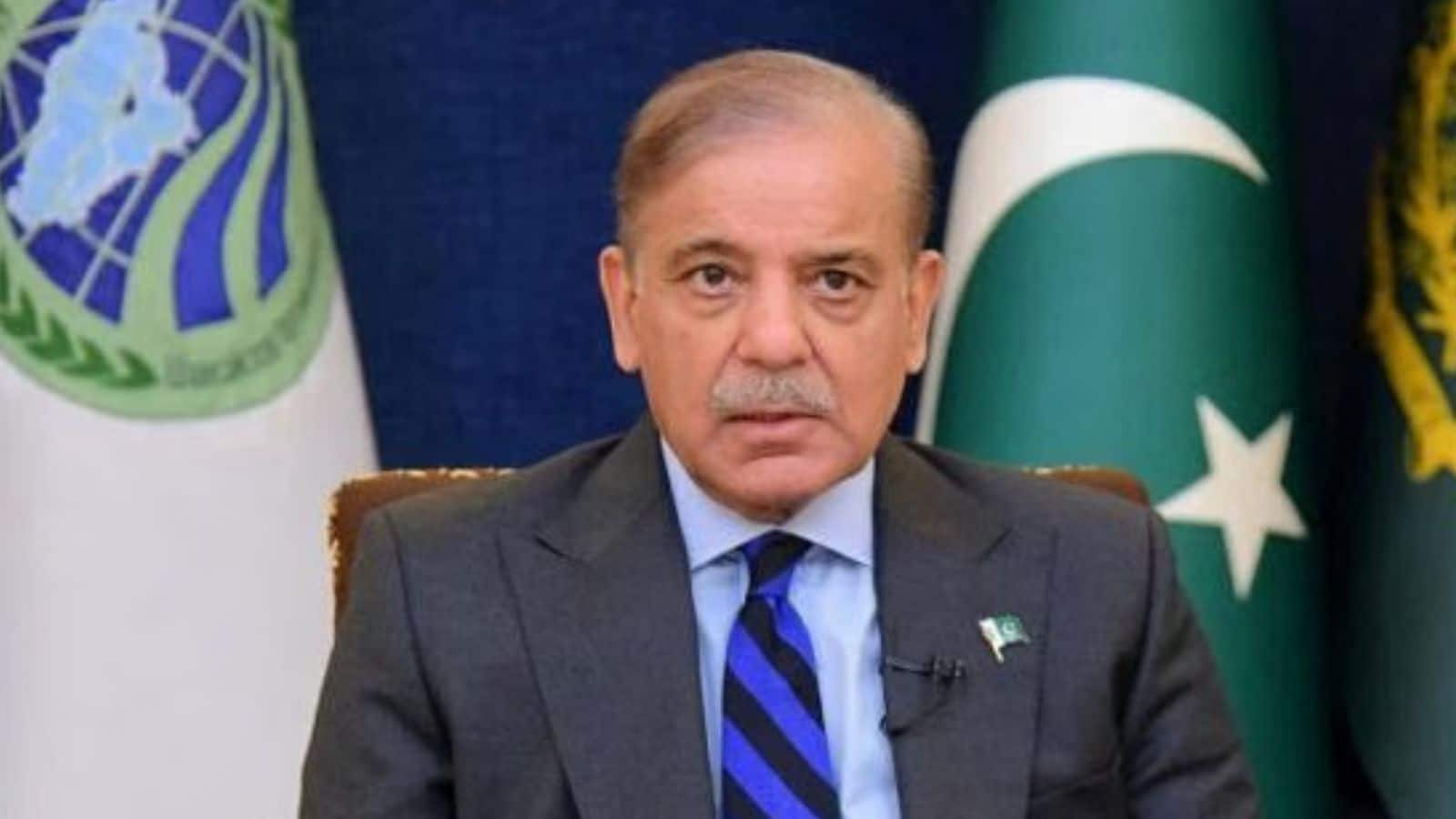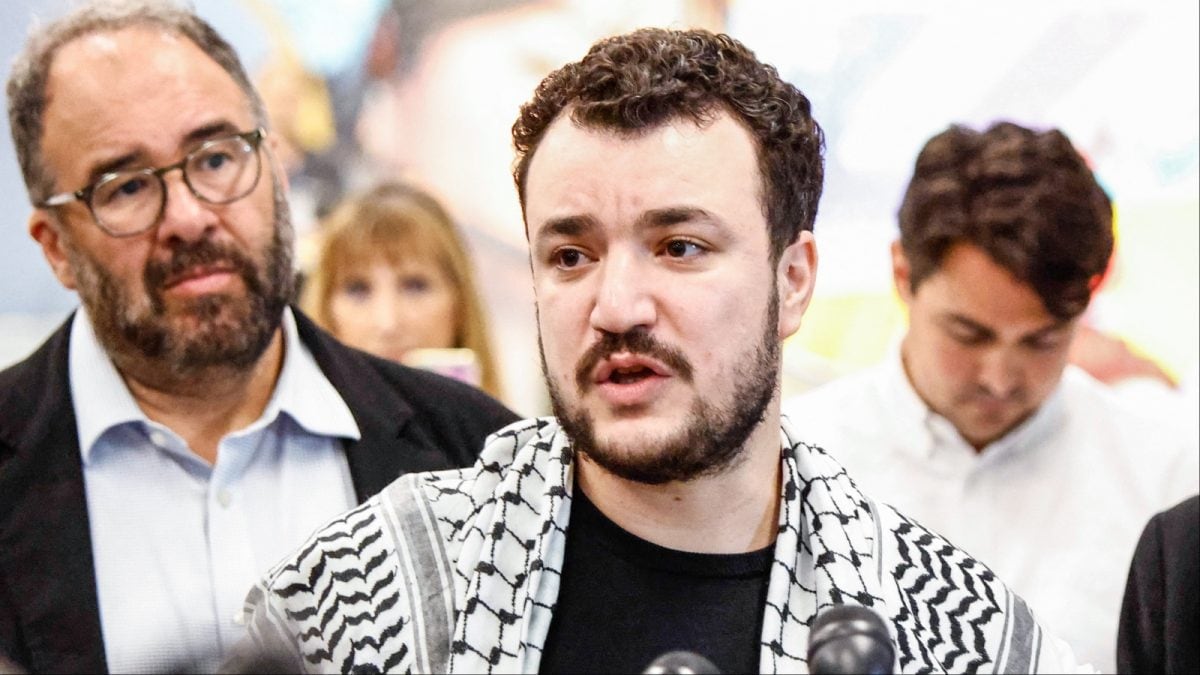A special unit in Israel’s military was tasked with identifying reporters it could smear as undercover Hamas fighters, to target them and to blunt international outrage over the killing of media workers, the Israeli-Palestinian outlet +972 Magazine reports.
The “legitimisation cell” was set up after the 7 October 2023 Hamas attack to gather information that could bolster Israel’s image and shore up diplomatic and military support from key allies, the report said, citing three intelligence sources.
According to the report, in at least one case the unit misrepresented information in order to falsely describe a journalist as a militant, a designation that in Gaza is in effect a death sentence. The label was reversed before the man was attacked, one of the sources said.
Earlier this week, Israel killed the Al Jazeera journalist Anas al-Sharif and three colleagues in their makeshift newsroom, after claiming Sharif was a Hamas commander. The killings focused global attention on the extreme dangers faced by Palestinian journalists in Gaza and Israel’s efforts to manipulate media coverage of the war.
Foreign reporters have been barred from entering Gaza apart from a few brief and tightly controlled trips with the Israeli military, who impose restrictions including a ban on speaking to Palestinians.
Palestinian journalists reporting from the ground are the most at risk in the world, with more than 180 killed by Israeli attacks in less than two years, according to the Committee to Protect Journalists. Israel carried out 26 targeted killings of journalists in that period, the CPJ said, describing them as murders.
Israel has produced an unconvincing dossier of unverified evidence on Sharif’s purported Hamas links, and failed to address how he would have juggled a military command role with regular broadcast duties in one of the most heavily surveilled places on Earth. Israel did not attempt to justify killing his three colleagues.
Before the attack, press freedom groups and Sharif himself had warned that Israeli accusations of Hamas links, first made in 2024, were designed to “manufacture consent to kill”. They had been revived and repeated with increasing frequency after his reporting on famine in Gaza went viral.
Intelligence sources told +972 magazine that the “legitimisation cell” worked to undermine the work done by Palestinian journalists as well as their protected status under international law.
Officers were eager to find a media worker they could link to Hamas, because they were convinced Gaza-based journalists were “smearing [Israel’s] name in front of the world”, a source was quoted saying.
In at least one case, they misrepresented evidence to falsely claim a reporter was an undercover militant, two sources said, although the designation was reversed before an attack was ordered.
“They were eager to label him as a target, as a terrorist, to say it’s OK to attack him,” one recalled. “They said: during the day he’s a journalist, at night he’s a platoon commander. Everyone was excited. But there was a chain of errors and corner-cutting.”
“In the end, they realised he really was a journalist,” the source added, and the reporter was taken off the target list.
Israel’s government often gave the army orders about where the unit should focus their work, and the primary motive of the “legitimisation cell” was public relations, not national security, the sources said.
When media criticism of Israel over a particular issue intensified the cell would be tasked with finding intelligence that could be declassified and used to counter the narrative, the magazine reported.
“If the global media is talking about Israel killing innocent journalists, then immediately there’s a push to find one journalist who might not be so innocent, as if that somehow makes killing the other 20 acceptable,” the article quoted an intelligence source saying.
The cell also reportedly sought information on Hamas’s use of schools and hospitals for military purposes, and failed attacks by Palestinian armed groups that harmed civilians there.
Some in the unit were reportedly concerned about publishing classified material for public relations reasons rather than military or security objectives. Officers were told their work was crucial to Israel’s ability to keep fighting, one source said.
“The idea was to (allow the military to) operate without pressure, so countries like America wouldn’t stop supplying weapons,” a second source said. “Anything that could bolster Israel’s international legitimacy to keep fighting.”
The IDF has been approached for comment.
On Friday, at least 16 Palestinians were killed by Israeli attacks in Gaza, including five who were trying to get food aid, medical sources told Al Jazeera.
Israel also issued evacuation orders for northern parts of Gaza City’s Zeitoun neighbourhood, as it intensified military operations before a planned escalation of the ground war in Gaza, which has been widely criticised domestically and abroad.

 1 month ago
1 month ago

















